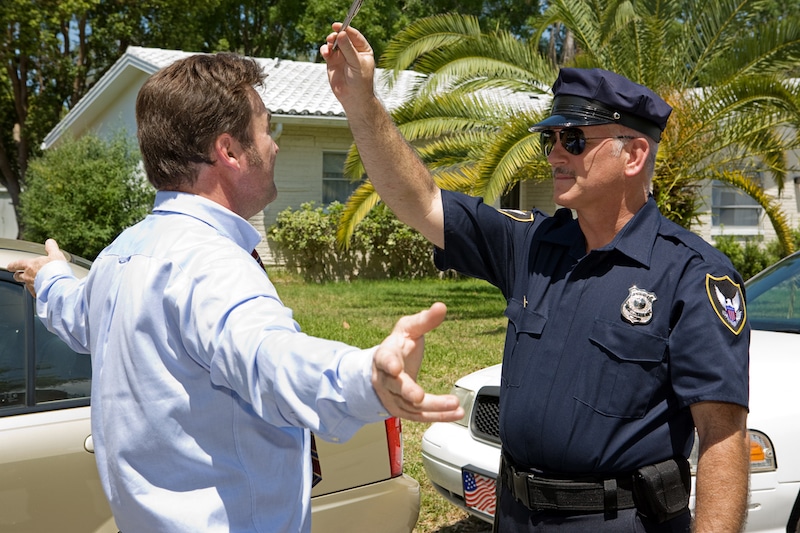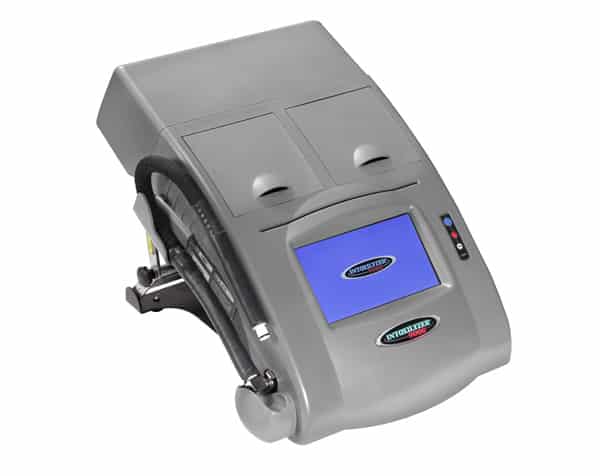WHAT ARE THE VISUAL CUES OF AN INTOXICATED DRIVER?

Intoxicated drivers typically display several different visual cues that can help a police officer to identify them before they are pulled over.
After extensive studying, the National Highway Traffic Safety Administration (NHTSA) has created a list of these cues, which have been found to accurately predict high blood alcohol concentrations (BAC).
Your Houston criminal defense team at Trichter & LeGrand, PC wants you to know some of the cues that can get you pulled over.
Unable to Maintain Proper Lane Position
One of the most easily recognizable signs of a DWI violation is a driver’s inability to maintain the correct position in their lane.
This is usually witnessed as weaving within the lane or weaving across lane lines, but the driver could also straddle lane lines, drift into other lanes, swerve or almost strike another vehicle or other road object.
Speed and Braking Difficulties
Trichter & LeGrand’s DWI lawyers in Houston, Texas, note that difficulties maintaining a steady speed, accelerating for no apparent reason and driving slowly can be indicators that a driver is intoxicated.
However, there is a more telling cue of impairment: trouble with stopping and braking.
Random use of the brakes and having difficulties stopping properly can be strong indicators of intoxication.
Vigilance Problems
Drivers must be able to pay attention to their surrounding environment and proper operation of their vehicle.
The NHTSA calls the ability to do this “vigilance.” Intoxicated drivers frequently have vigilance problems, including:
- Driving in the dark without headlights
- Failure to use signals for lane changes or turns
- Signaling inconsistently with their actions
- Slow response to traffic signals
- Stopping for no apparent reason
- Slow response or failure to respond to officer’s signals
- Driving in the opposing lanes or the wrong way down a one-way street.
Judgment Problems
Drivers must also be able to make quick and continuous judgments as they drive.
Impaired drivers can make poor judgments, explains the Houston criminal lawyers at Trichter & LeGrand, PC.
These can include changing lanes unsafely, following other vehicles too closely, making illegal turns, making unsafe turns, driving off of the road and other inappropriate or unusual behavior.
TELL US ABOUT YOUR CASE
Form Submissions have a fast response time. Request your free consultation to discuss your case with one of our attorneys over the phone. The use of this form does not establish an attorney-client relationship.
The information on this website is for general information purposes only. Nothing on this site should be taken as legal advice for any individual case or situation. This information is not intended to create, and receipt or viewing does not constitute, an attorney-client relationship.







